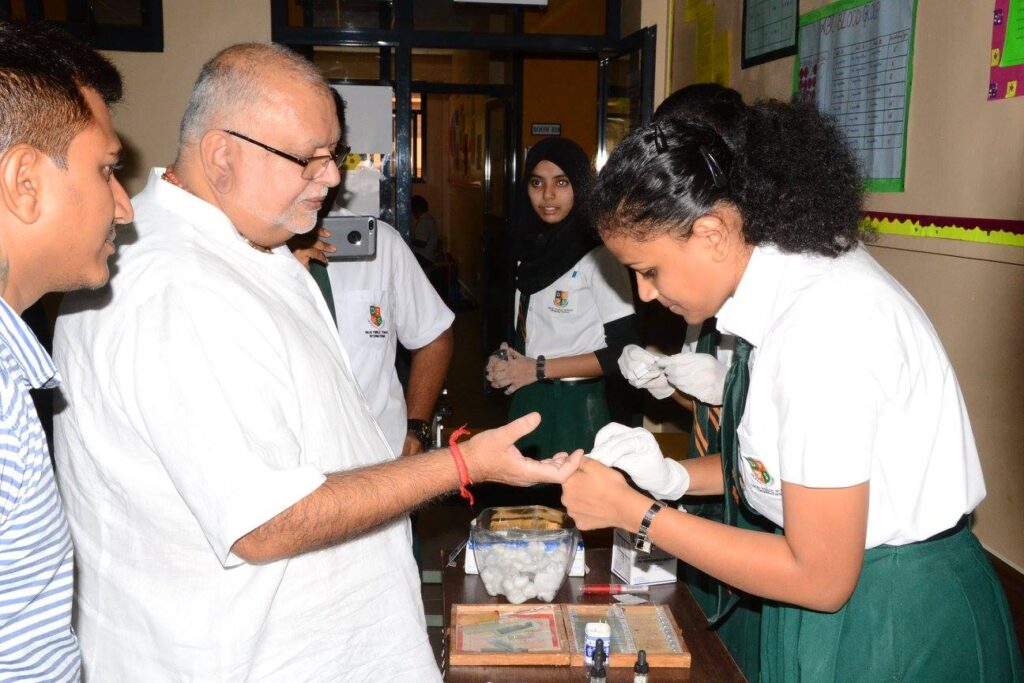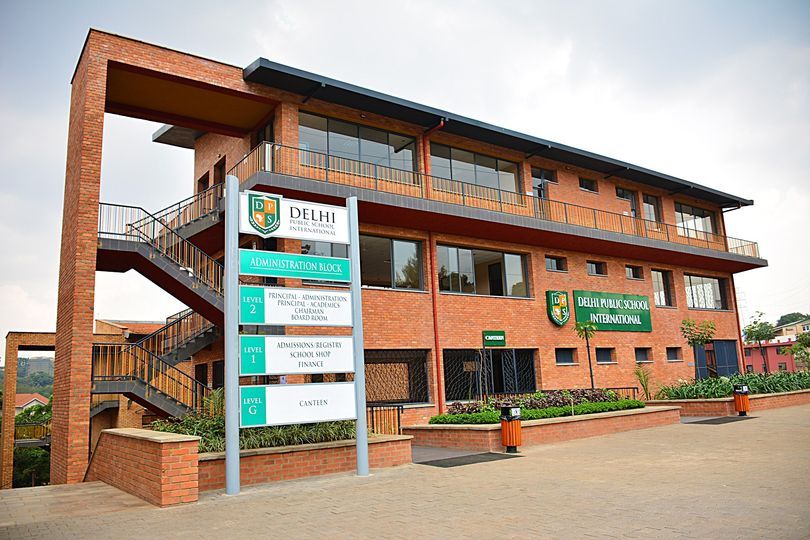Delhi Public School International Uganda (DPS Uganda) an extension of the various schools owned by business magnate Dr. Sudhir Ruparelia has since its inception in 2015 nurtured many Ugandans with international-based learning excelling widely in the country as well as gain automatic admission to fly to India to further their education in the science and commerce studies.
DPS Uganda is Uganda’s first educational institution accredited to India’s acclaimed Central Board of Secondary Education (CBSE), a Board of Education for public and private schools, under the Union Government of India.
The CBSE is offered in more than 24 countries globally with over 17, 300 affiliated schools. The CBSE closely works with the National Council of Educational Research and Training (NCERT), an autonomous organization of the Government of India.
As of today, there are approximately 21,271 schools in India and 220 schools in 28 foreign countries affiliated to the CBSE and Delhi Public School Uganda is among the 220 schools from the foreign countries, others being from Kenya, Turkey, Pakistan, among other countries.
In Uganda, as required by law, the implementation of CBSE is regulated and monitored by the ministry of education and sports.
Speaking to this website, the principal of DPS Uganda says that the curriculum that the school focuses on completes the development of students by involving them in both scholastic & co-scholastic activities as suggested by CBSE.
“I am sure this will help our children to realize, understand & explore their talents. In order to do this, the parents and the school authorities must work together to inculcate certain values in the students,” he says.

The school has implemented the scheme of Continuous and Comprehensive Evaluation (C.C.E.) in all the classes. The CCE scheme envisages that every learner is to be evaluated over the entire period of learning schedule rather than a one-slot three-hour examination at the end of a course of learning.
The C.B.S.E, through C.C.E., is aiming at a system of evaluation that does not just mean measurement of the level of learning outcomes but more so an approach for further improving the system.
The curriculum of all the academic subjects as well as a variety of co-curricular activities encourages creativity, aesthetics, and adventure. Pre-primary – classes Nursery to Prep, Primary – Classes I to V, Secondary – Classes VI to X and Senior Secondary – Classes XI & XII are involved in all school activities.
All students study English, Hindi, Mathematics, EVS/Science (Physics, Chemistry, and Biology), Social Studies (History, Civics, and Geography), and an optional language (French).

Co-curricular activities include Socially Useful & Productive Work (Art, Music, Dance, Science Club, Eco Club, Astronomy Club, and Literary Club), Physical and Health Education, and Computer Education.
“We hope that with the cooperation and support of the parents, we shall be able to make a success of this system which is a path-breaking initiative taken by the C.B.S.E. to aspire for holistic development of the students in a conducive environment.”
The main objectives of CBSE are to provide stress-free, child-centered, and holistic education, to collect and analyze feedback from stakeholders, to implement and supervise other agencies, to achieve academic excellence, and to boost teacher-student relationships.
Other objectives are to achieve quality benchmarks in school education, to organize capacity building and empowerment programmes, to examine students and to raise the academic standards
If you would like your article/opinion to be published on Uganda’s most authoritative news platform, send your submission on: [email protected]. You can also follow DailyExpress on WhatsApp and on Twitter (X) for realtime updates.



